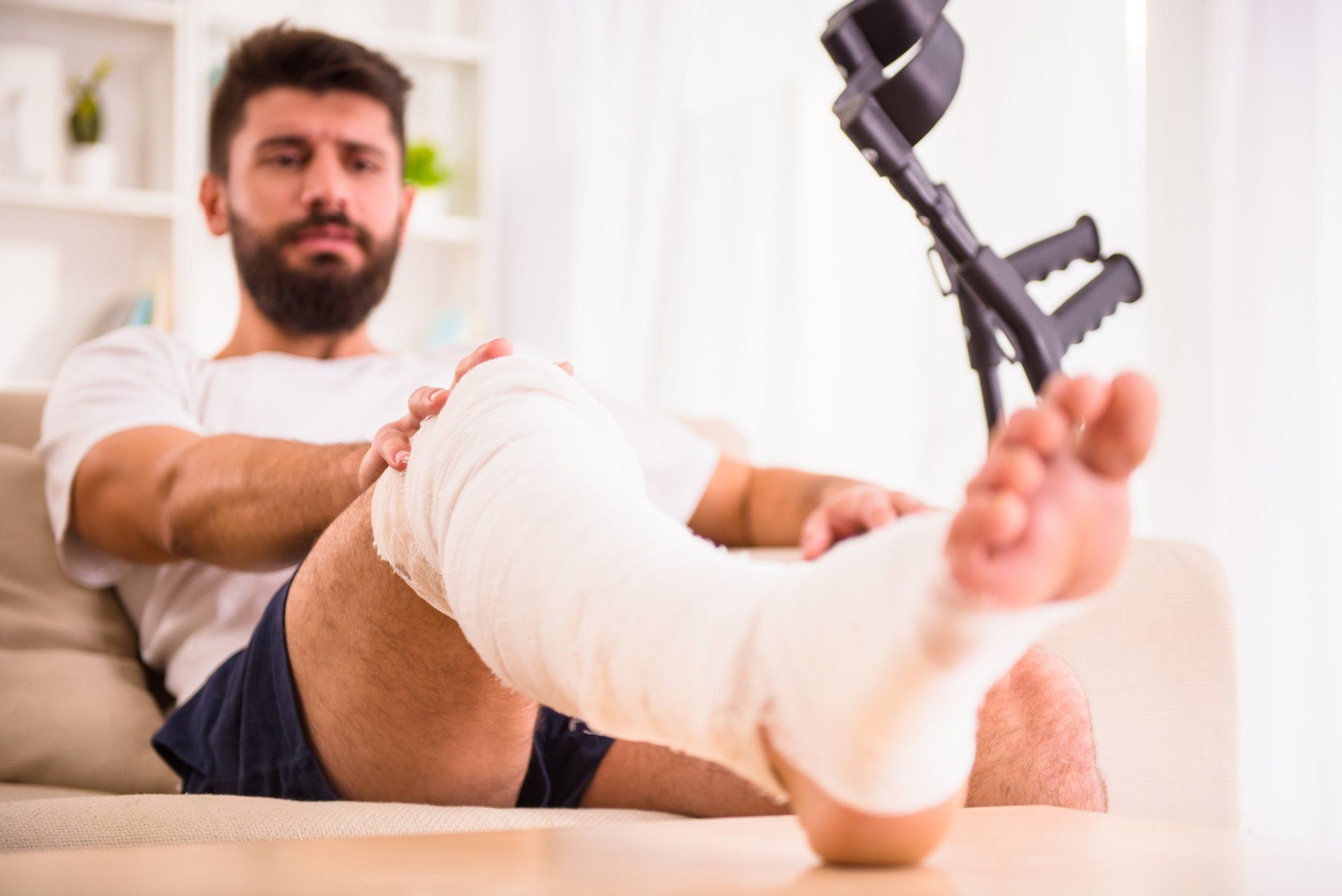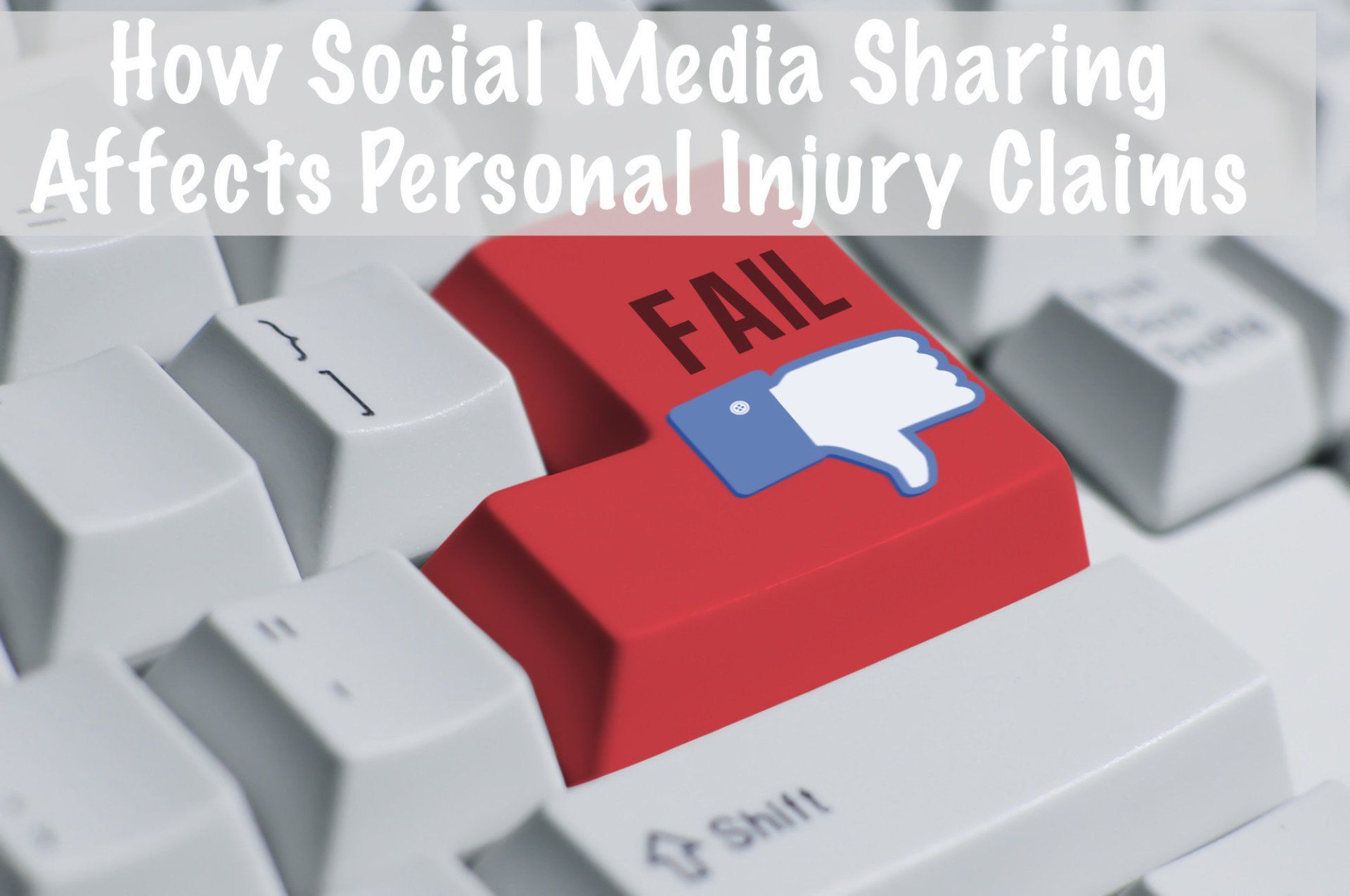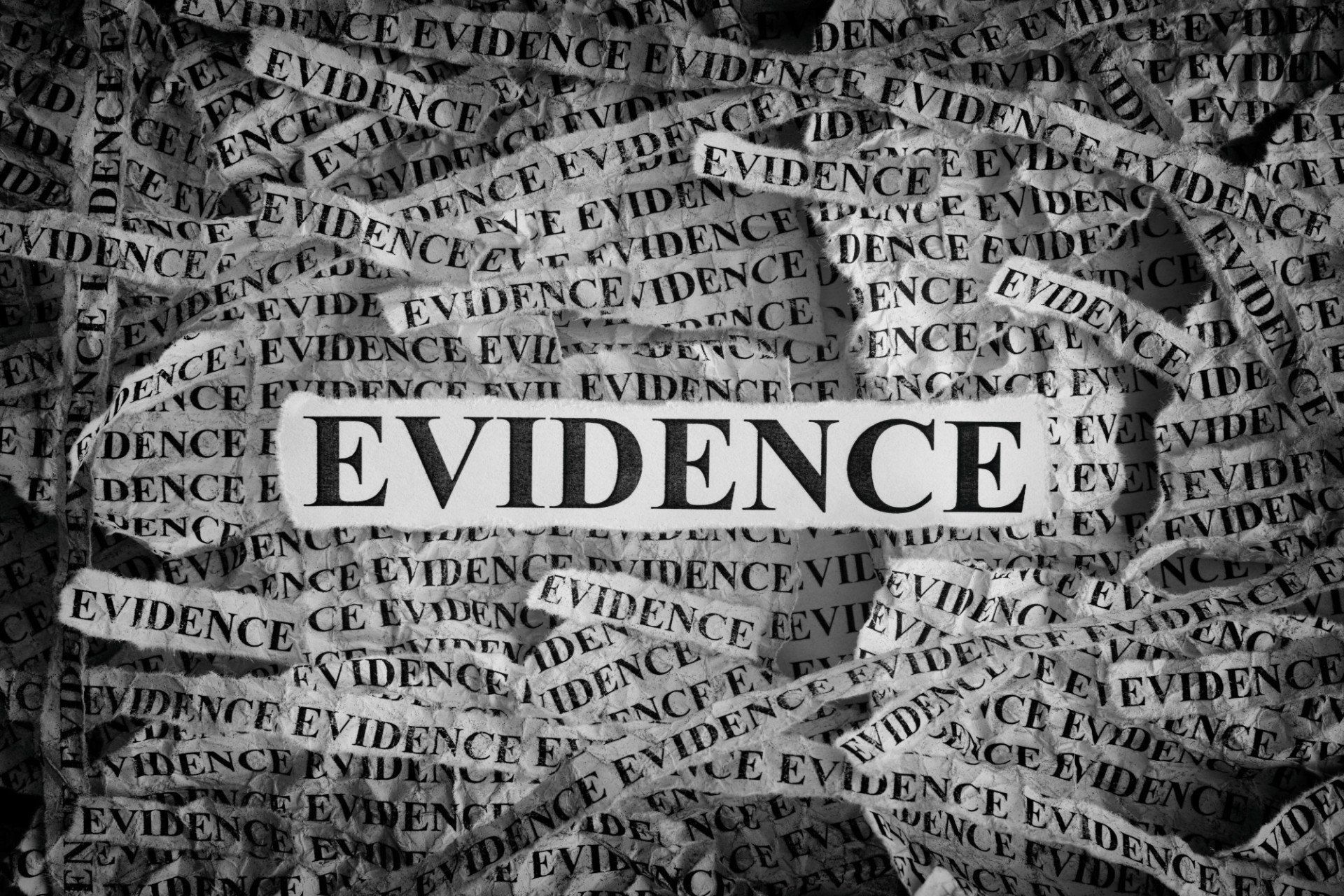5 Things to Do if You Are Injured at Work
The first 24 hours after you are injured at work are crucial. There are certain things you should do to make sure that your employer can respond to your injury appropriately.
Workplace injuries are steadily declining , but there are still millions of people who get hurt on the job each year.
Whether negligence, employee error, or an honest mistake caused the injury, many people have no idea what to do if they get hurt while they're working. As a result, they end up not getting fair compensation for their injury.
Were you injured at work? Read on to learn about the five things you must do afterward.
1. Obtain Medical Treatment
The first thing to do if you're injured at work is to seek out first aid or medical care.
If your injury is an emergency, you can see any doctor for your care. However, if it is not urgent, you'll most likely need to see a doctor authorized by the Workers' Compensation Board. Your employer should be able to tell you which doctors to see, or you can check on the board's website.
If you require diagnostic tests or prescription medication, you may need to get them through a specific doctor or network.
Unless someone disputes your case, your employer or your employer's insurance provider should cover the cost.
2. Report the Injury
It's important to report your injury to your supervisor as quickly as possible. If you don't report the injury within 30 days of the accident, you may end up forfeiting your workers' compensation benefits.
Delayed injury reporting is also very expensive. In fact, one study found that it can increase compensation claim costs by up to 51 percent !
3. Complete a Workers' Compensation Claim
You'll also need to complete a workers' compensation claim and mail it to the nearest Workers' Compensation Board office. File this claim as soon as possible after your injury or disablement to receive the benefits you're owed.
4. Consider Hiring a Personal Injury Attorney
In some cases, you may also want to consider hiring a personal injury attorney. An attorney's services are not always necessary, but there are times when legal aid is useful for making sure you receive fair compensation.
A personal injury attorney can help with any of the following situations:
- Your injury is someone else's fault: If you think someone else was negligent and caused your injury, an attorney can help you prove your claim.
- Your injury is severe. Did your injury cause you pain, affect your day-to-day life for an extended period of time, or cause you to require extended medical treatment? You may need an attorney's help to cover the costs of your injury.
- You're getting calls from your insurance company. If your insurer is asking you to make statements about your injury, call an attorney and let them negotiate on your behalf.
- Your employer isn't offering fair compensation. If your employer rejects your claim or refuses to pay after you've proven liability, you'll need an attorney's help.
These situations are frustrating, but having a personal injury attorney on your side can make them much more bearable.
5. Return to Work as Soon as You're Able
Finally, make sure you return to work when cleared by your physician.
Many people make the mistake of failing to return to work. This may be a voluntary loss of income and can cause you to lose future benefits and compensation. Your employer can also fire you on the grounds that you are refusing to work.
It's important to continue showing up for work even if you don't think you can perform the duties your job requires. If you prove to your employer that you can't perform these responsibilities, you can make a new claim showing that that's the case.
Some people have to take a pay cut as a result of not being able to perform the responsibilities their job entails. If the pay cut causes you to earn less than 80 percent of your pre-injury income, you may receive wage loss benefits from your insurance provider.
Common Mistakes People Make After Being Injured at Work
In addition to failing to return to work when they're able, there are some other common mistakes that people make when injured at work. Be sure to avoid these mistakes so that you remain eligible for worker's compensation benefits:
Failing to Disclose Previous Injuries
Failing to disclose previous work injuries can be fraudulent. This can cause you to lose your compensation. You may also have to repay worker's comp benefits that you have already received.
Be transparent at your doctor's office. This is essential even if your past injury has nothing to do with your current injury.
Failing to Disclose the Extent of Your Injuries
It's important to disclose the full extent of your injuries when you go to the doctor. Tell them all your symptoms right off the bat.
If you try to report symptoms later on, it may seem as though you're trying to get more than you're entitled to. This can also be fraudulent.
Failing to Take Photos of the Accident Scene
This is especially important if you can attribute your accident to negligence or an unsafe workstation. It's common for employers to clean up the area where your accident took place to make it seem safer than it actually was.
Take photos of the accident scene as soon as your injury occurs so you have proof of unsafe work practices.
Failing to Put Together a Witness List
It's also important to have a list of witnesses to help substantiate your claim.
Get names, addresses, and phone numbers of anyone who saw or may have witnessed your accident. That way, even if they've moved on and have changed employers by the time your case goes to court, you'll still have a way to get in touch with them.
Have You Suffered From An Injury at Work?
Rick Koenig has been practicing law for over thirty years, dedicating himself to helping his clients receive fair compensation for their injuries.
If you're injured at work and think you need the help of a personal injury attorney, contact the Law Office of Rick Koenig today for a free consultation.
Free Consultation
The choice of a lawyer is an important decision and should not be based solely upon advertisements. Our law office is at the intersection of I-435 and Holmes Road. Parking is free and the office building is accessible.
Call our office at 816-942-5100 and talk to an attorney. Or if you prefer, fill out the form below and you will receive a call from one of our lawyers within 24 hours to discuss your claim and schedule a time to meet with you in person or via video conference. You will talk to a lawyer, not someone who simply screens calls, so you will receive the sound legal advice you are seeking. This consultation is free and if you decide to hire our firm, no fee will be charged until you have been compensated for your injury or loss.
We will get back to you as soon as possible
Please try again later








